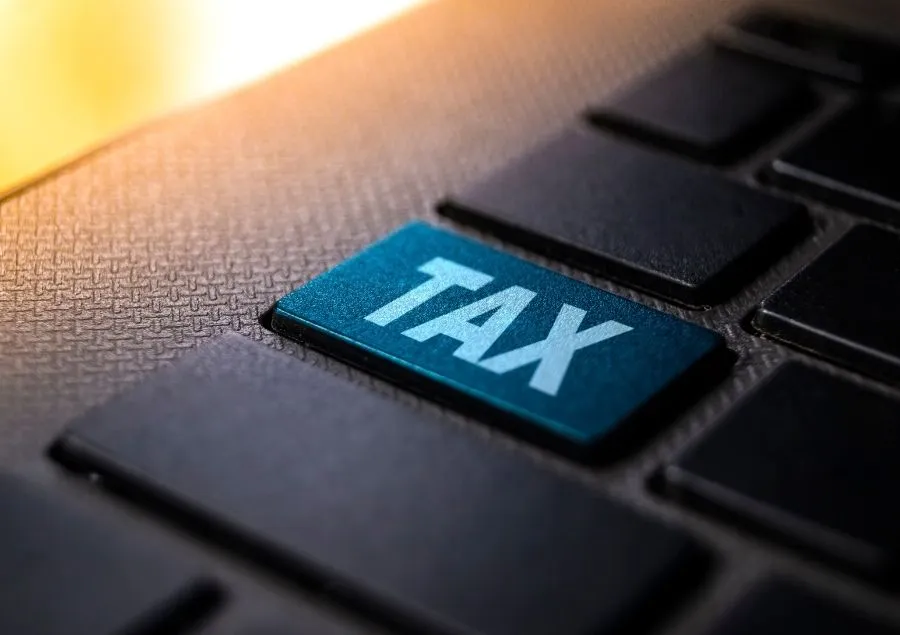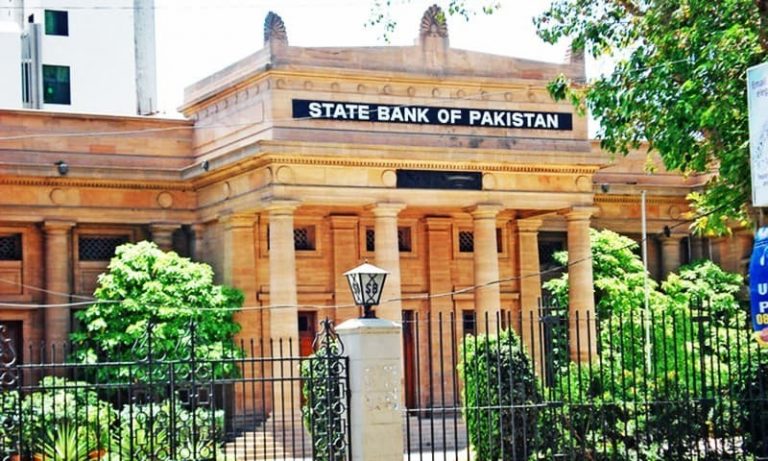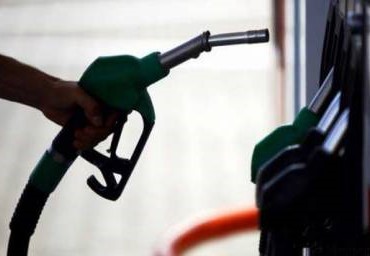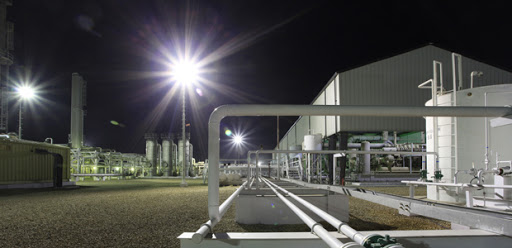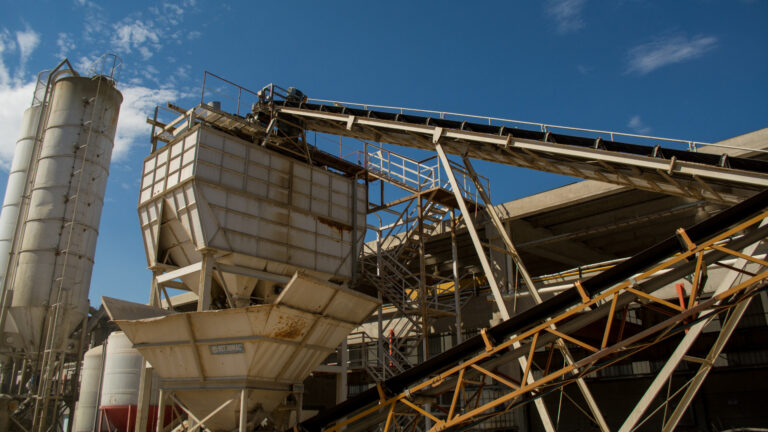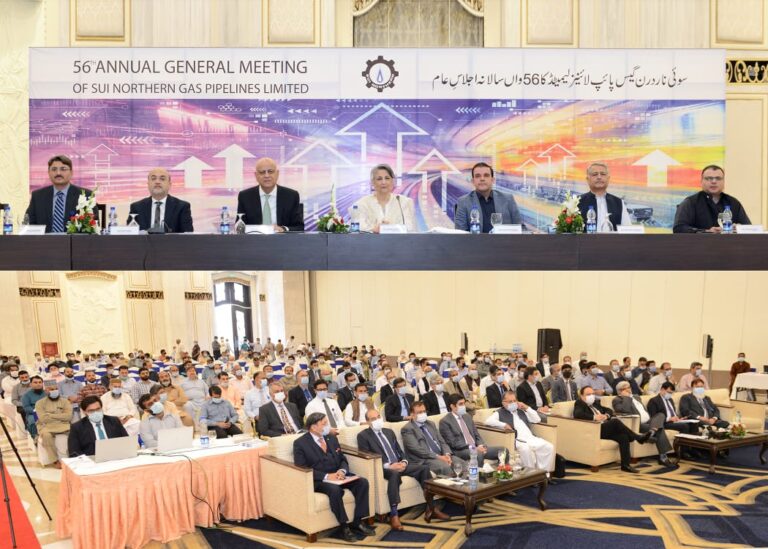Key Cigarette Industry Makers Call For Increasing Advance Tax
The cigarette makers have called for an increase in advance tax in the next fiscal year’s budget to curtail illicit trade.
It will also help to discourage sales by unregistered cigarette brands.
They have demanded in their budget proposals submitted to the Federal Board of Revenue (FBR).
Three major key players in tobacco product manufacturing have demanded to increase in the advance tax from Rs10 to Rs300 per kg.
Noor Aftab, Senior Regulatory Affairs Manager, Pakistan Tobacco Company (PTC) briefed the media on Monday.
He claimed the share of illicit cigarettes went to 40 % in Pakistan according to studies. He lamented the alarming situation of the illicit cigarette sale.
Tax Evasion
Traders are evading taxes, and there was no quality check on the contents of these cigarettes, harmful to consumers.
Mr Aftab said the regulated industry had suggested bringing the illicit industry under the tax net.
The budget proposals have called upon the FBR to implement Rs300 pr kg advance tax at Green Leaf Threshing (GLT) Units.
There were only 11 GL units across Pakistan, which was the source of basic raw material for tobacco manufacturers.
In the Finance Act 2019, the government had implemented the Advance Tax at Rs10 per kg, on tobacco purchases.
In 2018-2019, the government increased to Rs 300 per kg which led to increasing in the cost of tobacco purchases.
It was a setback for illegal cigarette makers as the cost of tobacco increased many folds.
However, the lobby managed to reverse it again to Rs10 per kg last year,” Mr Aftab said.
The industry has contributed the highest-ever revenue during the last two years, as revenues jumped from Rs117 bn in 2019-20 to Rs134 bn in 2020-21.
The industry has said that the expected revenue in 2021-22 has been estimated at around Rs150 bn by the end of the current fiscal year.
He called for registering all existing and new cigarette manufacturers as “independent brands”.
Out of 211 brands, only 16 brands have applied for the license, while the remaining 195 brands are reluctant to get registration with the FBR.
Mr Aftab said that the FBR’s track and trace system could only be successful by implementing it across the board.
The shopkeepers across Pakistan were openly selling cigarette packs as low as Rs15 to Rs40.
But the minimum price set by the government was Rs62.76 per pack, which includes Rs 42.12 tax per pack.


